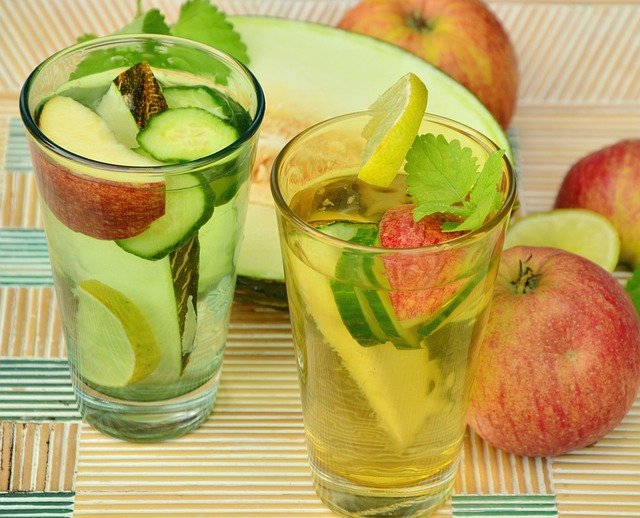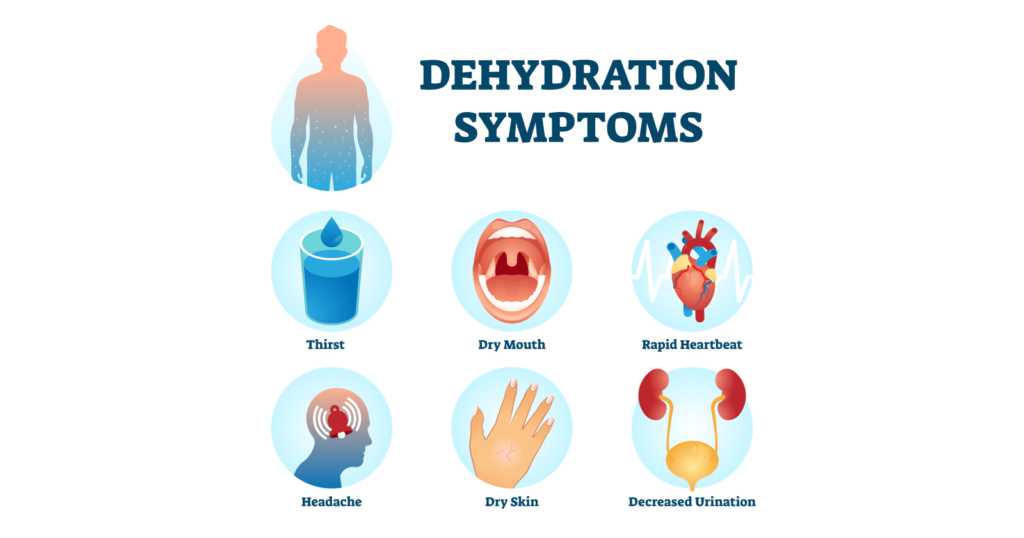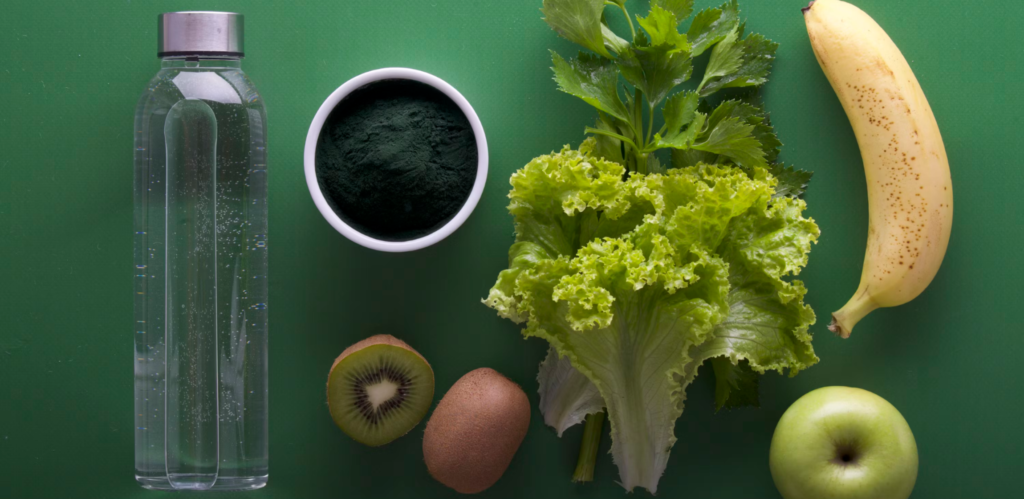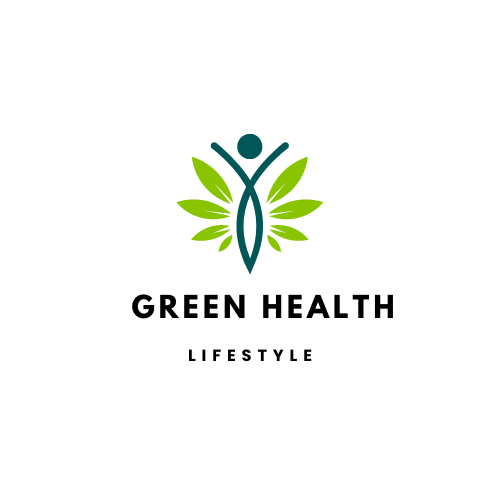Water is not just a basic necessity; it’s a critical component of good health. Despite its importance, many people overlook the significance of staying adequately hydrated. This blog delves into the science of hydration, its effects on the body, and why maintaining optimal water intake is vital for overall well-being.
The Science Behind Hydration

Water constitutes about 60% of the human body, underscoring its essential role in various physiological processes. Here’s how water contributes to our health:
- Brain Function: The brain is 75% water, and even mild dehydration can affect cognitive function, mood, and energy levels.
- Blood Circulation: Blood is about 90% water, essential for transporting oxygen, nutrients, and hormones throughout the body.
- Cellular Health: Water is vital for cellular processes, including nutrient absorption and waste removal.
- Joint Lubrication: Joints rely on water to maintain flexibility and minimize friction between bones.
The Health Benefits of Staying Hydrated

Staying hydrated offers numerous health benefits, influencing everything from physical performance to skin health. Here are some of the most significant benefits:
1. Boosts Physical Performance
Dehydration can lead to muscle fatigue, reduced endurance, and slower recovery. During exercise, adequate hydration ensures that muscles receive the oxygen and nutrients they need to perform efficiently. Water also helps regulate body temperature, preventing overheating.
2. Enhances Cognitive Function

Your brain needs water to function optimally. Dehydration can impair concentration, short-term memory, and overall cognitive performance. Drinking water throughout the day can help maintain focus, particularly during mentally demanding tasks.
3. Aids in Digestion and Metabolism
Water is essential for digestion, helping to break down food and absorb nutrients. It also prevents constipation by keeping stool soft and moving smoothly through the digestive tract. Moreover, staying hydrated can boost metabolism, aiding in weight management.
4. Promotes Healthy Skin

our skin’s appearance is directly influenced by hydration levels. Water helps maintain skin elasticity, prevents dryness, and reduces the appearance of wrinkles. Adequate hydration is key to achieving a healthy, youthful complexion.
5. Supports Kidney Function and Detoxification
Your kidneys filter blood, removing waste products and excess substances, which are excreted in urine. Proper hydration helps kidneys function efficiently, reducing the risk of kidney stones and urinary tract infections.
Recognizing the Signs of Dehydration

Dehydration occurs when the body loses more water than it takes in. Common signs include:
- Thirst: A natural signal that your body needs more water.
- Dark Urine: Darker urine indicates concentrated waste products, signaling dehydration.
- Dry Mouth and Skin: Lack of moisture in the mouth and skin are early signs of dehydration.
- Fatigue and Dizziness: Dehydration can lead to a drop in blood pressure, causing tiredness and lightheadedness.
How Much Water Do You Really Need?

The amount of water each person needs can vary based on factors such as age, weight, activity level, and climate. A commonly recommended guideline is the “8×8” rule, which suggests drinking eight 8-ounce glasses of water a day. However, individual needs may be higher, especially in hot weather or during exercise.
Other factors to consider include:
- Diet: Foods high in water content, such as fruits and vegetables, contribute to overall hydration.
- Activity Level: Increased physical activity demands more water intake to replace fluids lost through sweat.
- Climate: Hot, humid environments require more water to prevent dehydration.
Conclusion: The Lifelong Benefits of Staying Hydrated

Water is more than just a thirst-quencher; it’s a fundamental component of good health. From improving physical performance to maintaining cognitive function and promoting healthy skin, staying hydrated has wide-ranging benefits. By prioritizing hydration, you can enhance your overall health and well-being, making water a vital part of your daily routine.
Final Tip: Make it a habit to carry a water bottle, set reminders to drink water throughout the day, and include water-rich foods in your diet to maintain optimal hydration levels.
